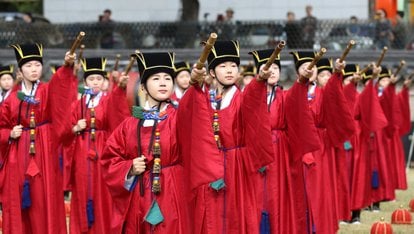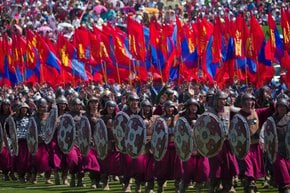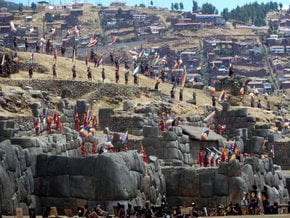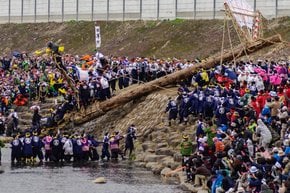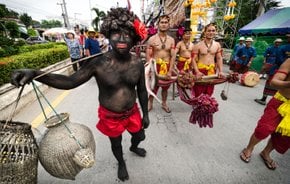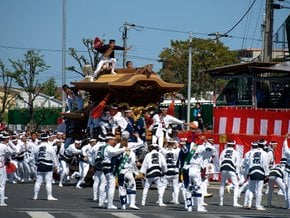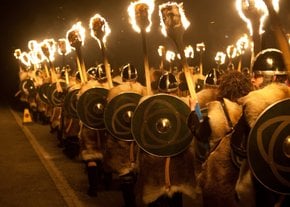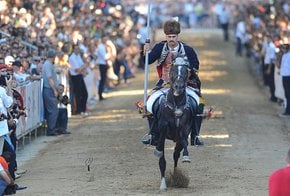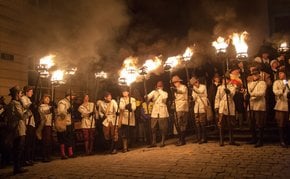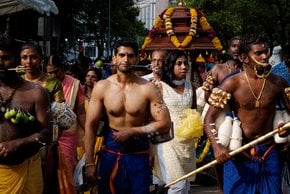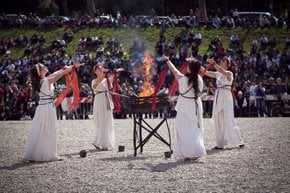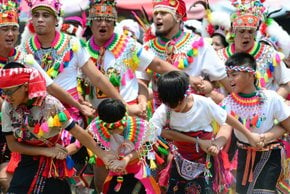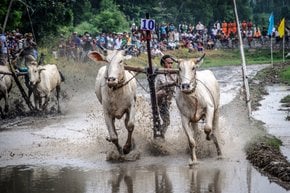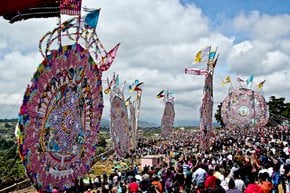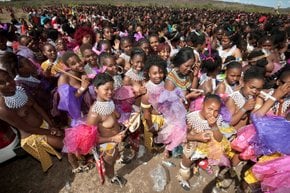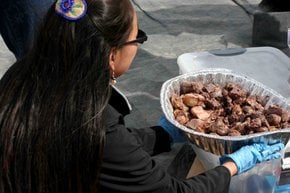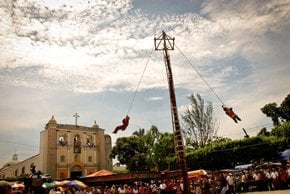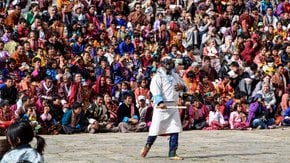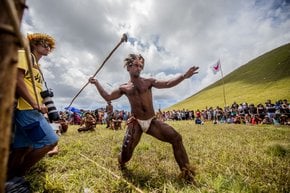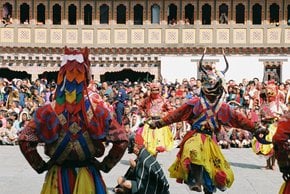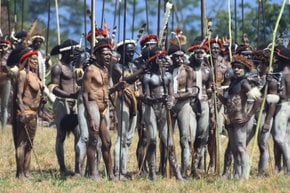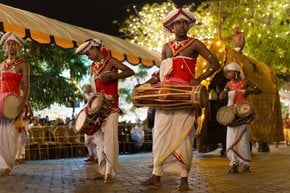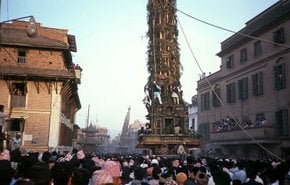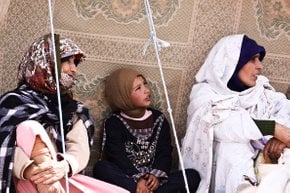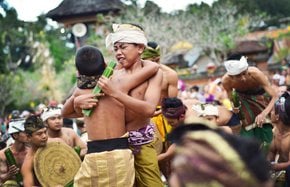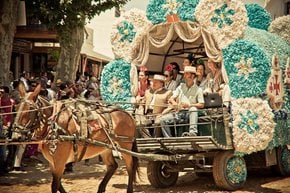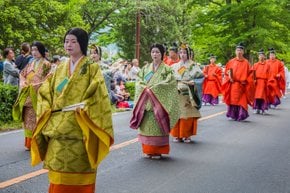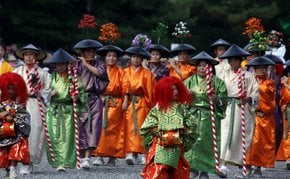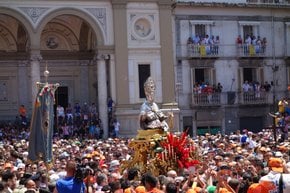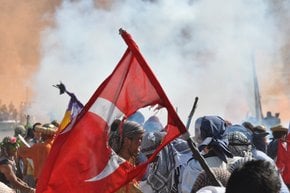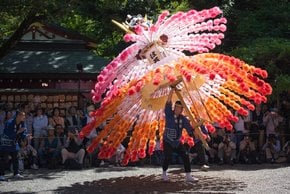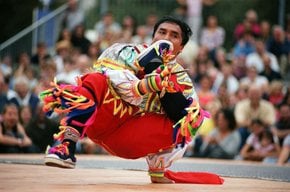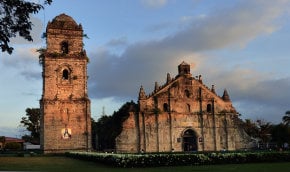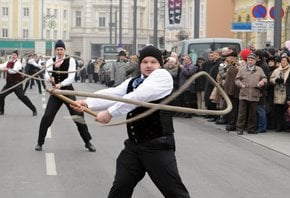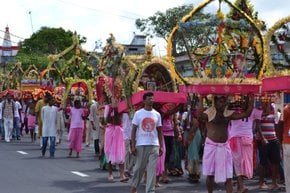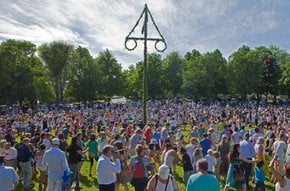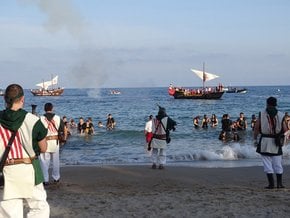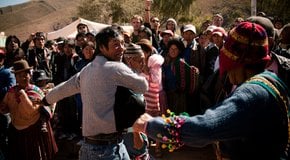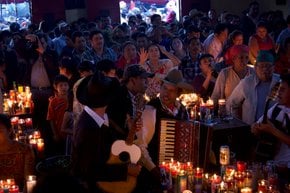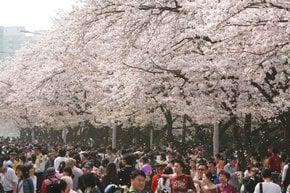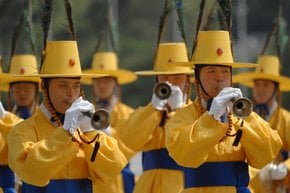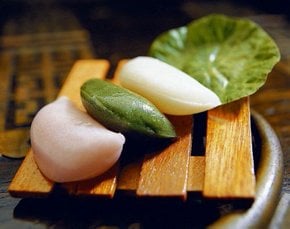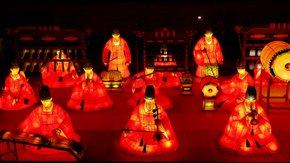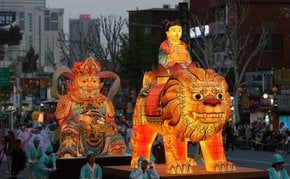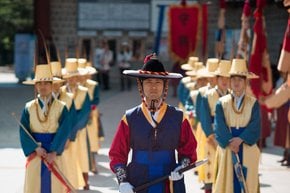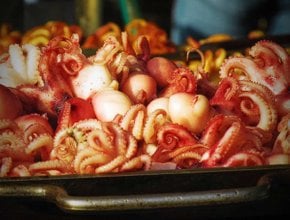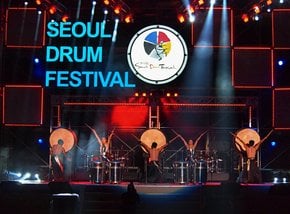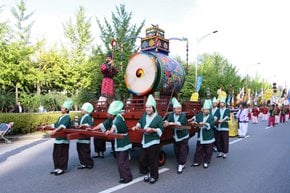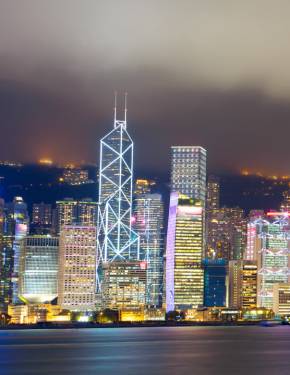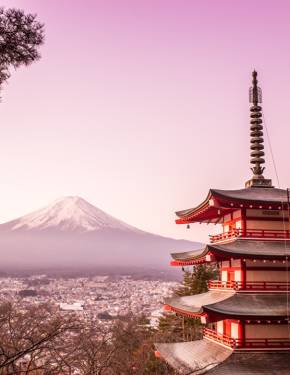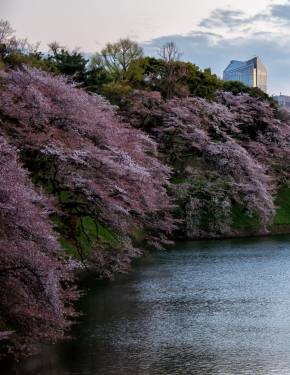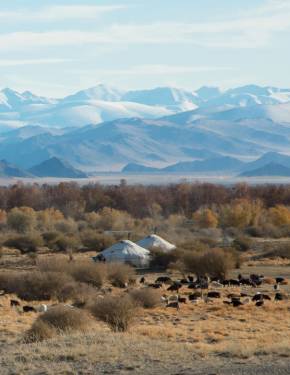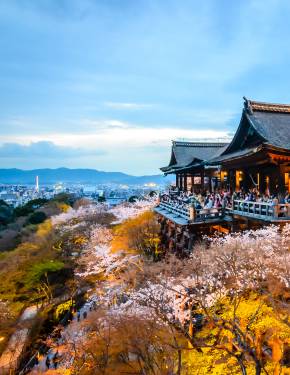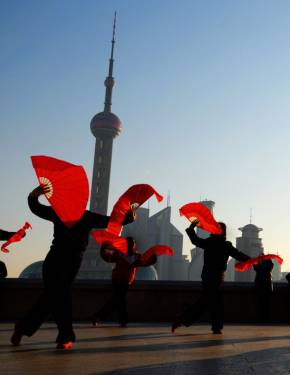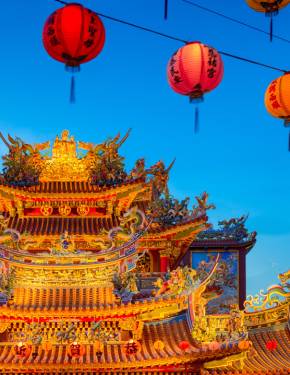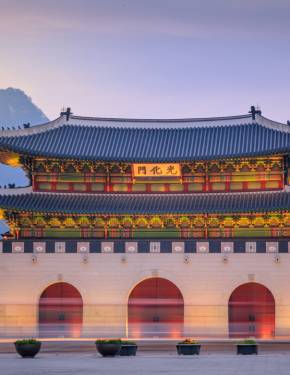Sajik Daeje 2024 in Seoul
The Great Rite for the Gods of Earth and Agriculture feast features history, culture, music, and dancing in one big celebration
Dates: September 15, 2024
Held annually every third Sunday of September, Sajik Daeje is recognized as a very important cultural tradition for Korea. It is one of Korea’s most significant ceremonies and definitely belongs to the must-see category when visiting. Ancient rituals are performed to honour the gods of land and grain which are believed to bring prosperity. Very solemn memorial ceremonies originally performed by kings, civil officials and military officers of the Joseon Dynasty are reenacted.
The Ceremony
The descendants of the House of Yi, the last ruling clan of the Joseon Dynasty, continue to honor their imperial heritage by performing two significant rites: Jongmyo Jerye (Royal Ancestral Memorial Rite) and Sajik Daeje (Great Rite for the Gods of Earth and Agriculture). These ceremonies, now recognized as important cultural properties of Korea, are carried out by around six hundred clan members dressed in colorful hanboks—black, white, red, blue, and yellow—complete with elaborately decorated headpieces. They present incense and harvest offerings to the accompaniment of traditional, royally orchestrated music.
Schedule & Location
A royal parade begins around 11 am, inviting spectators to immerse themselves in the spirit of the occasion for 40 minutes. Participants can gain a unique insight into Korean culture by joining this festival. The procession starts at Deoksugung Palace, then winds its way past Sejong-ro, Gwanghwamun, and Sajik-ro, concluding at the Sajikandan Altar in Seoul.
Histiry of Sajik Daeje
The Sajik Daeje, or "Great Rite for the Gods of Earth and Agriculture," is a traditional Korean ritual dating back to the Joseon Dynasty. This important ceremony was originally held to honor ancestors, pay homage to deities of the land and grains, and pray for peace and prosperity. Despite being abolished in 1908 under Japanese rule, the ritual was revived in 1988 by the Jeonju Lee Royal Family Association, which continues to oversee its performance today. Designated as Important Intangible Cultural Property No. 111 on October 19, 2000, Sajik Daeje remains a cherished part of Korean cultural heritage. Held annually in Seoul, the ritual has been preserved through dedicated efforts to maintain this significant historical tradition, reflecting its deep roots in Korea's agricultural past and societal values.

